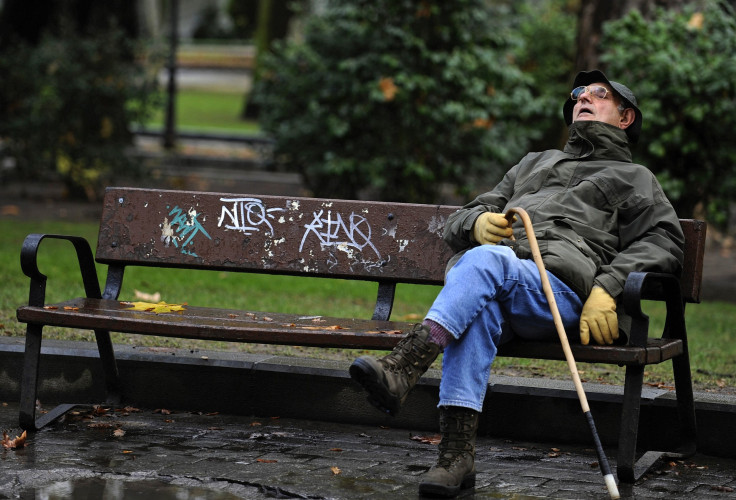Spain May Give Up Nazi Time Zone: Switch To GMT Could Mean Adios For The Siesta

Spain may be saying adios to the siesta. Labor Minister Fatima Banez told Parliament the government is considering changing its time zone from Central European Time to Greenwich Mean Time.
Spain took on CET during World War II, Francisco Franco’s bid to show solidarity with Nazi Germany. In Galicia, the country’s westernmost region, the sun doesn’t rise until nearly 9 a.m. Spain’s Iberian Peninsula neighbor Portugal already is on GMT.
Supporters of the change said it would improve productivity and improve family life, Reuters reported.
José Luis Casero, president of the National Commission for the Rationalization of Spanish Schedules, said the change should take place either this coming March or in March 2018 to coincide with the change to Summer Time.
“There would be no disruption or confusion for citizens under this route map,” Casero told the Telegraph.
Banez said Monday she would like to see the Spanish workday end at 6 p.m. to enable workers to have more balance in their lives.
“We want our workdays to finish at 6 o’clock and to achieve this we will work towards striking a deal with representatives from both companies and trade unions,” she told Parliament.
“Someone’s got to take the first step and that’s why I’m asking for the support of the biggest companies and the trade unions.”
The average Spanish office worker currently works a split shift, 9 a.m.-2 p.m., with a midmorning coffee break, then takes a long break for lunch before returning to work at 4 p.m. and working until 8 p.m.
"We are living with 71 years of jet-lag, and it's unsustainable,” Professor Nuria Chinchilla, director of the International Center for Work and Family at the IESE Business School, told the Guardian.
Ignacio Buqueras, former president of the Association for the Rationalization of Spanish Working Hours, campaigned for the time change for more than a decade.
"The siesta has to end! At most, you might need 10 or 12 minutes rest after lunch," he said in 2013.
The work schedule also means prime time on television begins later, leading people to stay up later and get too little sleep.
“It’s awful and it affects people’s ability to look after their children and spend time with them after school; we’re also sleeping an hour less than we should be, so we’re less productive given the hours worked and there are more accidents. It’s really irrational and that’s why we’re campaigning for it to be fixed,” Chinchilla said.
Catalonia already has committed to making the change. It’s to take effect in September 2018
The Telegraph said a recent survey indicated only 16 percent of Spanish workers enjoy a daily siesta.
© Copyright IBTimes 2024. All rights reserved.






















